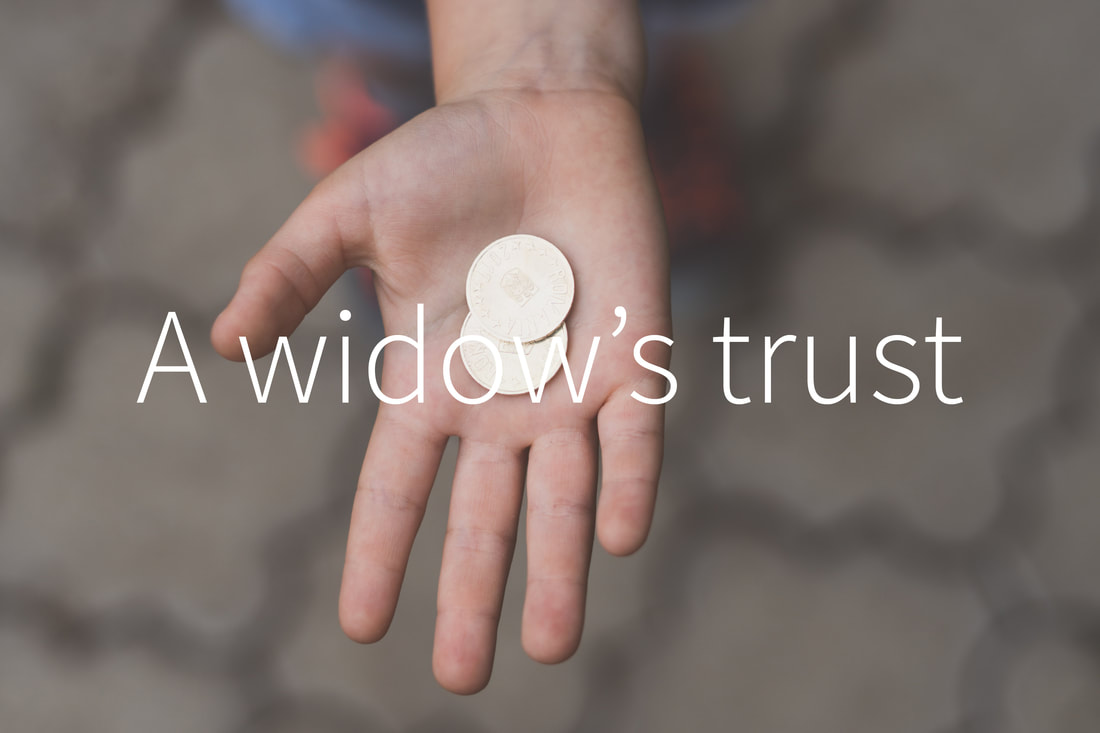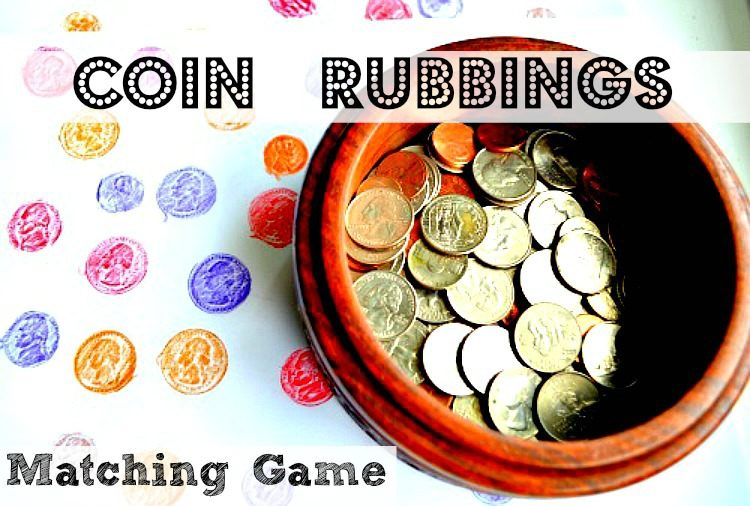10 November 2024
Bible readings for today
Liturgical Colour: GREEN or RED if marking Remembrance Sunday |
CollectE te Atua, te mātāpuna o te hari,
tukua mai tēnā harikoa e kore nei e taea e tētahi te tango atu i a mātou, nō te mea, he mahi hei mahinga whaioranga; i roto i te hari o te whakapono e tutuki ai. He whakamoemiti ki a koe, e tō mātou Atua; ka whakamana te īnoi. Āmine. God of all delight, grant us that joy which none can take from us, of having a work to do, a life to live; that joy in believing which will carry us through temptation, anxiety and grief. Praise to you our God; you answer prayer. Amen. |
A Widow's Trust (Mark 12:38-44)
Today's story is about understanding that God doesn't look at the value of what we give, but rather at our heart
What's Fair?The Family Challenge can help lead into conversations about fairness. What’s fair? Allow your children to talk about fairness. Many (most!) of them will have experienced situations where things weren’t fair. Sometimes our children think things aren’t fair, but what they’re really seeing is a situation where people haven’t been treated exactly the same. This week is a good opportunity to talk about fairness.
There are 3 basic ways that we can think about fairness. The first is treating everyone the same. If there are 5 chocolate bars and 5 people in your family, it makes sense that each person would get one chocolate bar. This is what most, especially young, children would consider fairness. But in reality that way of being fair doesn’t always work. For example, at tea time, if Mum and Dad received the exact same portion size as the toddler, the toddler wouldn’t be able to finish all the food on his plate and Mum and Dad would still be hungry. So in that case, fairness is more about meeting people’s needs. A child that outgrows her school uniform needs a new one. A child whose uniform still fits, might not. Finally, fairness can be about what people deserve. If you tell your children that you have 5 special jobs that need doing and you’re willing to pay $3 per job, then the children who do the jobs will get more money than the children who chose not to. Most children will accept that that’s fair because they all had equal opportunities to earn and each child would have earned the same amount for the same kind of job. Being fair can be complicated, but helping children identify fairness and unfairness in their world is important. What is Fair?What you need:
What you do:
Say something like, “Mmmm, lollies are good. You can eat yours now if you’d like, or wait until later. I’m just wondering if 1 of our helpers gave out more lollies than the other one. What do you think?” Allow time for the children to discuss this. If the children aren’t sure, ask the helpers to tell them how many they gave out. Then ask the two helpers to show their bowls (esp if the children haven’t been able to see them). “I see that one of our helpers still has a lot of lollies left. They’re going to have a good time eating those! But our other helper doesn’t have any left at all. That’s a bit sad. Do you think that’s fair? Allow the children to share their ideas. “Do you think it was easy for ____ (whoever had fewer lollies) to give ALL the lollies away?” All children to share. “ I agree, maybe it harder for the person with very few to give all his lollies away because he didn’t have any left for himself.” It’s a bit like our story today. When the widow in our story gave her two coins, she didn’t have as much to give as some other people. So it didn’t look like she gave very much at all, just like it might not have looked like _____ gave out very many lollies. But when we see what they each had left, then it’s easier to understand that it takes trust to do that. _______ needed to trust that we are usually fair in our children’s church. The widow needed to trust that God would take care of her. While other people looked at the widow and saw someone who’s contribution probably didn’t do much to help the temple, Jesus saw someone who was willing to give all that she had to help God’s work. Jesus wasn’t looking at what the widow gave, he was looking at how much she kept back for herself and how much she trusted in God to take care of her. Faith In ActionDo each of the things written on the pieces of paper chosen. Work together to decide how best to get the tasks done. For example, if ‘bake a cake for a neighbour’ is one task, think about how to accomplish it. This is a good opportunity to talk about how if a 3 year old child got that paper, it would be unrealistic to expect her to do it all by herself, but she could do her part. Not everyone has the ability to do everything, but each can do as much as he or she is able to accomplish the goal.
Giving to GodWhat you need:
What you do:
Note: You could also include the offertory at this time, allowing people to put their 2 coins as well as their offertory gift into the basket. Coin activities
10 Cent Coin DropWhat you need:
What you do:
|
Gospel ConversationsThe story of "the widow's mite" is a powerful one which many of us have been familiar with since Sunday School days. Today the Rev'd Katene Eruera, Manukura of St John's Theological College, joins Bishop Steve, Rev Anne van Gend and Rev Michael Godfrey to talk about what the two little stories in this week's Gospel have to say about power, money, success, and being noticed by God.
The Widow's CoinsWhat you need:
What you do: The only person who needs to talk is the narrator, who can read the story. Allow the characters to act things out. Story:
One day Jesus and his disciples were in the temple, in the place where people could come and bring their gifts of money. They were watching as people came in and went out. If you’ve ever people-watched, you know it can be really interesting to see what people do. There were money boxes made of metal along one wall. When people dropped their coins inside, there was a metal, clanking noise and everyone would know that someone had just given money to the temple. Jesus and his disciples talked quietly amongst themselves. There were lots of other people there too and it was pretty noisy, but everyone moved aside as a very wealthy business person walked into the room. S/He (depending on whether you have a girl or boy playing this role) was carrying a briefcase. S/he walked very importantly. S/He pushed others aside as s/he got close to the money box. Then s/he took out his/her wallet. There was so much money, so many bills. There were 5 dollar bills and 10 dollar bills, 20 dollar bills and 50 dollar bills, 100 dollar bills and even 500 dollar bills. The business person thought for a minute and pulled out 2 50 dollar bills! Wow, that was a lot of money! S/He added a couple of 5’s to make it look like more and put it in the money box. But no one noticed, so s/he reached in and took the money out, held it up in the air and dropped it dramatically into the money box. But the paper money didn’t make noise like coins would, so with one last desperate effort, the business person took the money out. S/he looked around and pulled a hammer from the briefcase. When s/he dropped the money in this time, s/he hammered on the box so everyone would look and see how much money s/he put in. People oooo-ed and awe-ed. Jesus and his disciples watched. Next came a very religious person with 2 bags of coins (the small coin bag and the larger stuffed bag). S/he walked very solemnly. This was important work, giving to God. S/he got up to the money box and tipped his/her little bag of coins out. The coins made a lot of noise as they entered the metal box. People turned to see who had put all that money in the box. The religious person checked that the bigger bag of coins was still in his/her hand and turned around and walked away. Jesus and his disciples watched. For awhile, no one went near the money boxes, but then an old woman, dressed in shabby clothes walked slowly into the room. No one moved aside for her as she carefully made her way over to the wall. She pulled a tissue out of her waistband and opened it up. Inside were two small coins. She held them up and shook the tissue to see if there were any more coins in there, but there weren’t. Those two coins were all she had. She walked over to the money box and quietly put in her coins. They didn’t make much noise, but she didn’t care. She didn’t think anyone noticed, but someone did. Jesus saw her and so did his disciples. Jesus turned to his disciples and said, “It’s easy to be impressed when we see people giving a lot of money, but this woman gave more than anyone else!” The disciples looked at Jesus. They were confused. They said, “ Master, she only gave two coins and they weren’t very much. Did you see how much the business person gave? Or how bout that guy with the Bible- he gave tons of money.” Jesus said, “You’re right, they did give a lot of money, but they still had a lot more. You shouldn’t compare what one person gives to what another does. God doesn’t look at us like that. In God’s eyes, that woman gave the most because she gave everything she had, trusting God to take care of her.” Jesus and the disciples smiled. Piggy BankFiles Available For Download: Piggy Bank.docx
This is a fun activity that allows the children to make a piggy bank. Please see the attached document for instructions and a photo. I Wonder...
Suck It Up!What you need:
What you do:
Note: The bowls are close to the plates because coins are heavy and it’s difficult to hold onto them for very long. This game is not suitable for very young players. A Cheerful GiverFiles Available To Download: Memory Verse.docx
2 Cor 9:7 God loves a cheerful giver. What you need: One set of coins for each pair of students. One drinking straw for each pair. What you do: Put children in pairs. (One child will bring the coins using the drinking straw (suck it up game). The other will put the memory verse together) Have one member sit on one side of the room and have the other but their coins upside down on the floor (so the words don’t get transported in order). On go, get the straw holding players to move the coins one at a time to their partner. The partner will work to put the mem verse in order. The first team that completes the challenge wins, but allow everyone to finish. |




